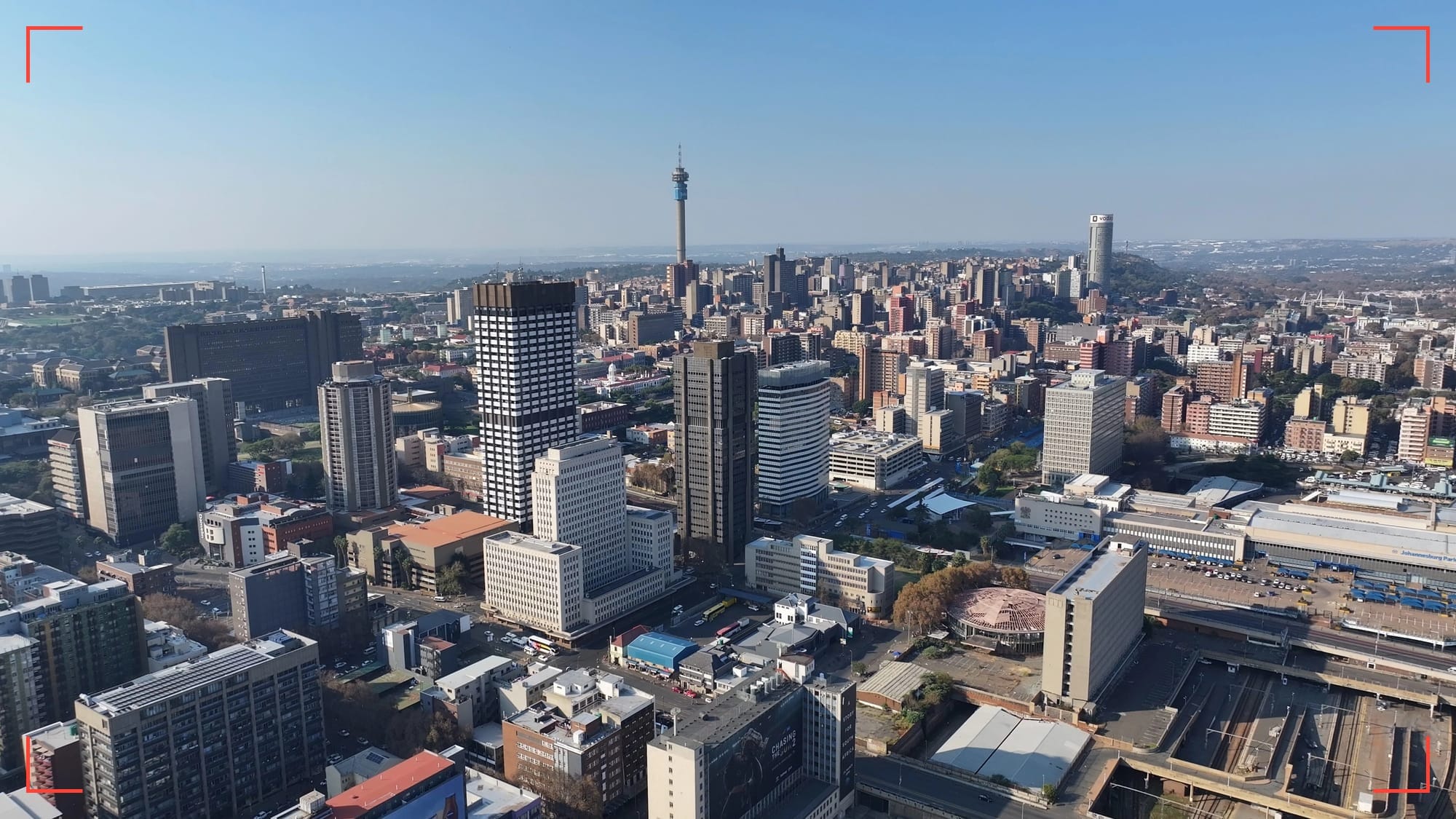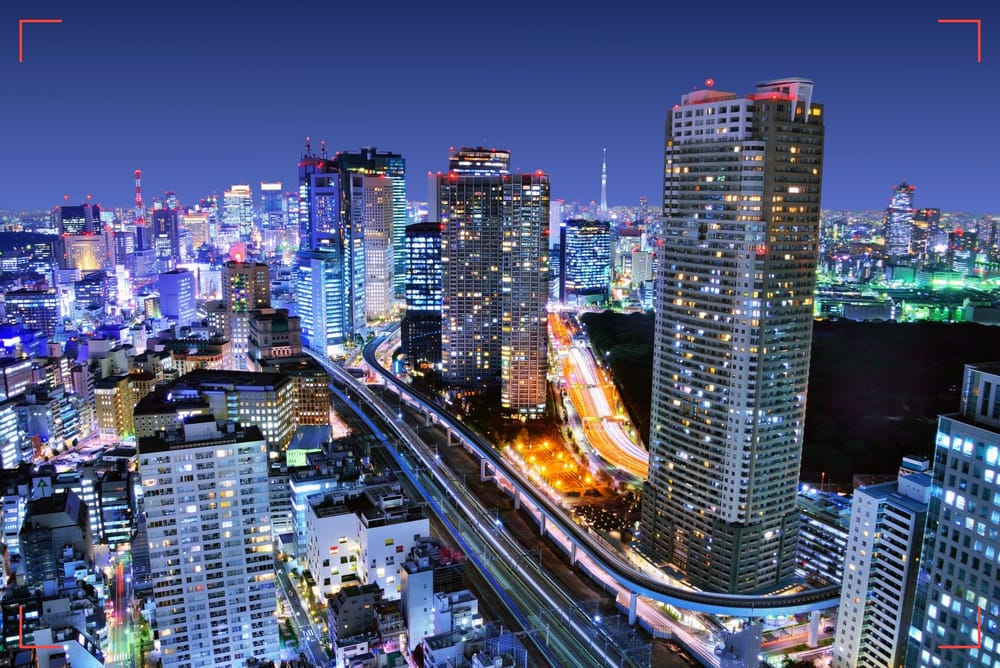
Report Details
Initial Publish Date
Last Updated: 05 JUN 2025
Report Focus Location: Sub-Saharan Africa
Authors: BA, GZ
Contributors: GSAT
GSAT Lead: MF
RileySENTINEL provides timely intelligence and in-depth analysis for complex environments. Our global team blends international reach with local expertise, offering unique insights to navigate challenging operations. For custom insights or urgent consultations, contact us here.
Report Summary
This study presents a thorough examination of the current geopolitical and security environment throughout Africa, with an emphasis on high-profile developments in Sub-Saharan Africa.
- Nigeria is positioning itself as a key player in the global green transition with two new Chinese-backed lithium plants and increased local control of oil assets, but climate-related disasters like catastrophic flooding pose major threats to economic gains.
- Ghana has solidified its status as Africa’s leading gold producer, while Tanzania’s EACOP project nears completion, creating jobs and expanding infrastructure—though political repression ahead of the 2025 elections raises concerns over investment conditions.
- South Africa faces worsening economic conditions, rising business liquidations, and regulatory shifts in mining and private security. U.S. tariffs and internal instability continue to erode investor confidence.
- Burkina Faso, South Sudan, DRC, and Somalia remain high-risk zones for violence and displacement. Somalia, in particular, faces a convergence of terrorism, climate disruption, and foreign military engagement amid declining humanitarian support.
- Civic space is contracting in Tanzania and Uganda, with digital censorship, repression of opposition figures, and controversial legislation affecting both domestic governance and international relations.
- Strategic competition is intensifying, with China, Turkey, and the U.S. pursuing divergent approaches—through investment, defense cooperation, and diplomatic initiatives—in key countries such as Nigeria, Somalia, and the DRC.
- Over the next 90 days, risks include escalating conflict in insecure regions, political crackdowns in election-sensitive states, and policy delays due to governance gaps. Strategic openings lie in advancing regulatory reform, regional cooperation, and resilient infrastructure investment.
Remaining content is for members only.
Please become a free member to unlock this article and more content.
Subscribe Now






